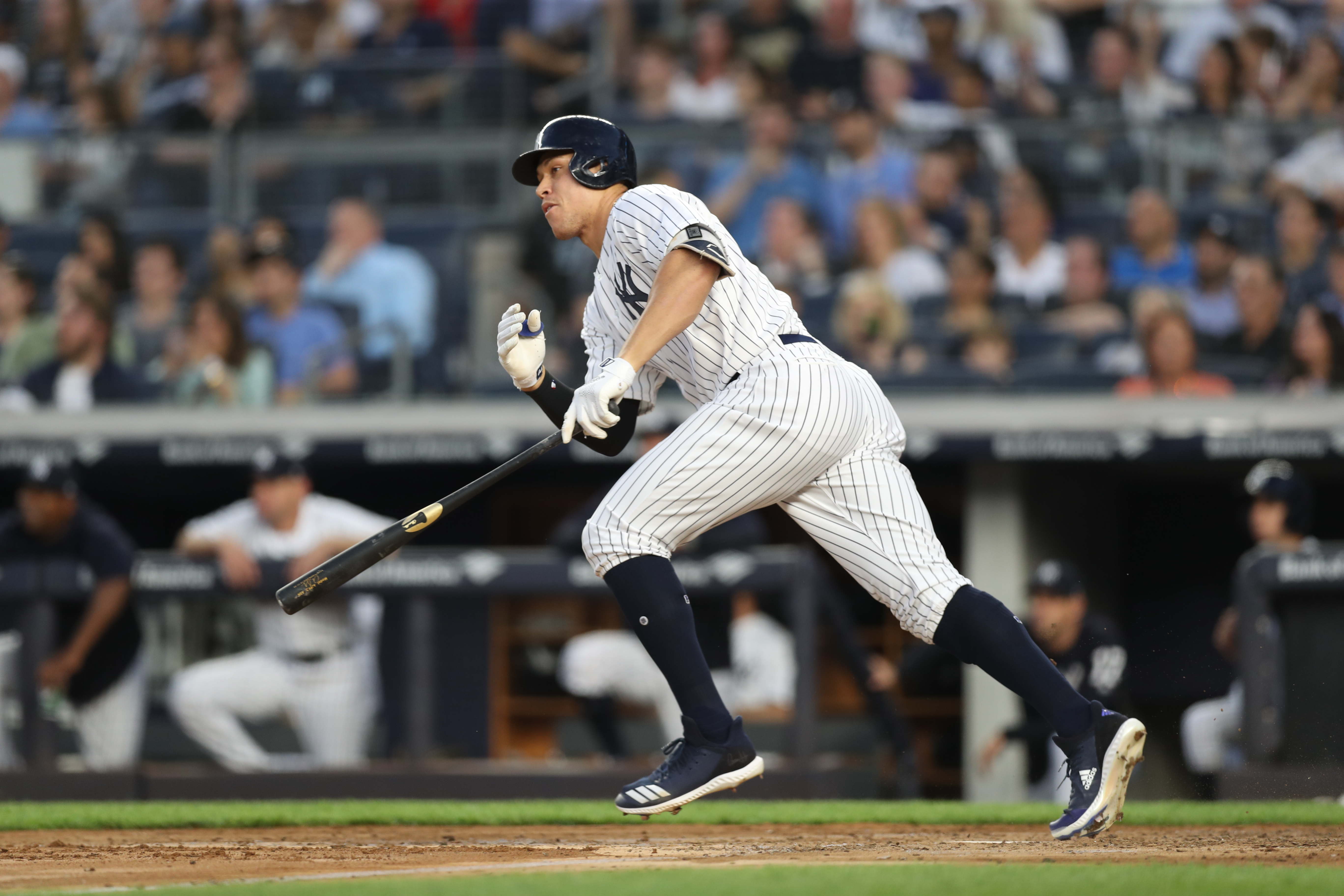Moody’s: Sports Cancellations Could Hurt Programmers
The smarter way to stay on top of the multichannel video marketplace. Sign up below.
You are now subscribed
Your newsletter sign-up was successful
Moody’s Investors Service said the cancellation of professional and college sporting events in the wake of the coronavirus pandemic could be tough on programmers, especially broadcasters, cable networks and regional sports networks that count on games to deliver eyeballs and ad revenue.

Over the past week the NCAA has canceled the March Madness men’s and women’s basketball tournaments, the NBA, NHL, MLS have all suspended their seasons, The Kentucky Derby and The French Open have been moved to September and Major League Baseball has invoked a two-week delay to Opening Day. But according to Moody’s, if the pandemic continues for months -- and it could -- “the loss will be a credit negative for a long list of US media companies.”
“Live sports is one of the few programming categories that still garners large, predictable, non-time shiftable live TV audiences and the effect on advertising revenue and engagement will be significant,” Moody’s said in its report. “...If the suspensions extend into the playoffs, which typically generate stronger viewership and engagement relative to the regular season, the pain will worsen for media companies and leave news as the primary remaining live anchor programming.
According to Johns Hopkins University, coronavirus cases in the U.S. have nearly tripled to 5,700 from 2,000 in the span of a few days. Globally, the number of confirmed cases has risen to 194,217 and the number of deaths to 7,864, according to Johns Hopkins. In the U.S., President Trump admitted Monday that Americans may have to continue to work from home and avoid crowds into August.
Moody’s added that the impact may be greatest on regional sports networks, which unlike their broadcast and cable network counterparts don’t have substantial non-sports programming that could fill in the hole created by the lack of games.
“Standalone RSNs, along with Leagues and teams, face the most risk,” Moody’s said. “This is because they cannot easily replace the live game programming, nor lost revenue.”
Larger more diversified media like Disney and AT&T can offset the lack of games with other programming and not having to pay for the games that aren’t played. But Moody’s added replacement programming won’t have the same audience and networks could be forced to pay “make goods” to advertisers for missing ratings targets. In addition, they could face backlash from consumers that don’t want to pay for sports network subscriptions with little live programming, which could impact affiliate fees.”
The smarter way to stay on top of the multichannel video marketplace. Sign up below.
Of the standalone RSNs, Diamond Sports, a partnership led by Sinclair Broadcast Group, faces the greatest exposure with 22 regional sports networks. Comcast has 8 RSNs, AT&T 4, Charter Communications 3 and Cox Communications 2.
After the RSNs, Moody’s estimates that Disney, which owns sports channel ESPN and broadcaster ABC, has the most exposure because of its ownership of rights to NBA and MLB. ESPN is also impacted because its flagship SportsCenter is a big provider of game highlights, and without games viewership could decline.
Comcast’s NBC network also faces some uncertainty come July, when it is supposed to air the Olympic Games in Japan. Comcast has said it has adequate insurance should the Games be canceled because of the coronavirus. And the International Olympic Committee said Tuesday that the Games are expected to go on as scheduled.
“The IOC remains fully committed to the Olympic Games Tokyo 2020, and with more than four months to go before the Games there is no need for any drastic decisions at this stage; and any speculation at this moment would be counter-productive,” the IOC said in a statement.
